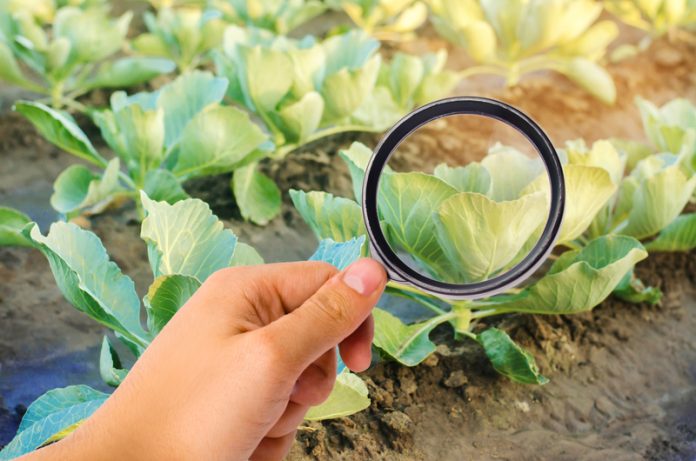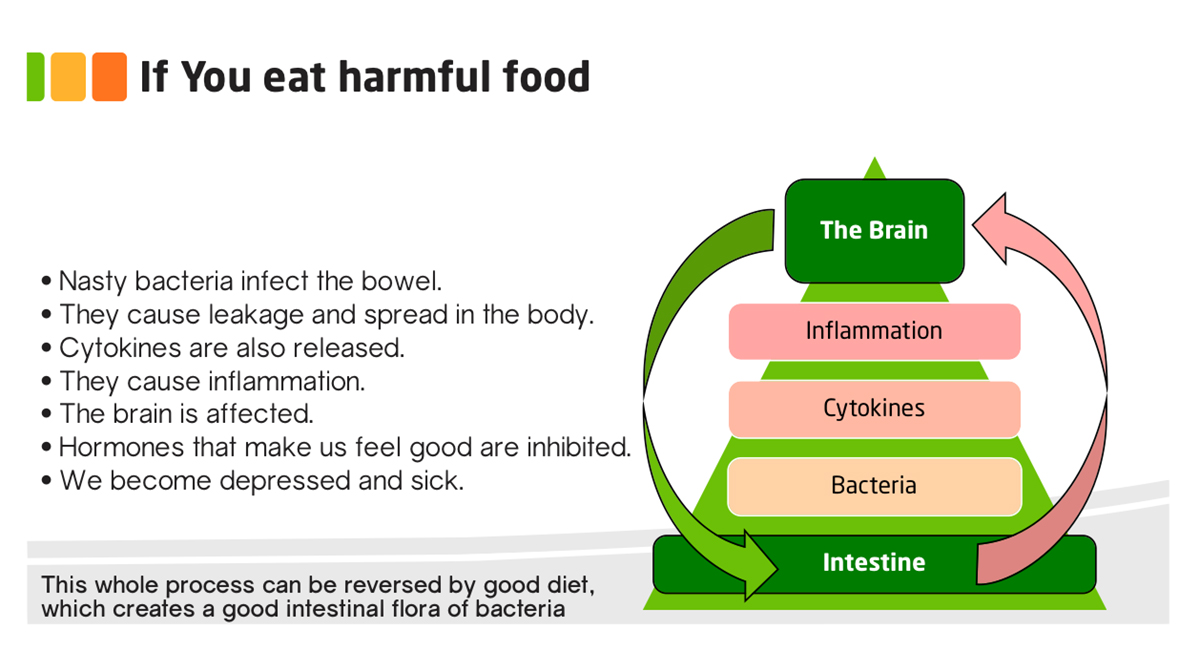Håkan Sandin explores the future of the world’s food supply and the need to reduce unsustainable agriculture, in this analysis
In the future, food will be produced closer to the consumer. This means what we eat is in the future, produced in urban environments using raw materials coming from the city, the forest, the sea and our fields. The importance of agriculture, however, for human livelihood and survival, will in the long run change dramatically and be reduced mainly due to environmental reasons.
It is also reasonable to believe that our food is produced in new production systems. These production systems will be sustainable, circular and mutualistic. Systems where we control all flows and where emissions and surpluses have been minimised to the non-existent. This production will take place in industrial areas fully specialised in producing food.
This production will also get its inspiration from the research that points to what is good for the human being and keeps us healthy. Thus the foods we will produce, are largely the ones we recognise, but there are also more unusual foods not known to many people and those that are brand new innovations.
Also, we will learn to understand that we cannot achieve a sustainable, stable, environmentally friendly and competitive food production unless we use much more but renewable energy.
The importance of big scale industrial agriculture will be reduced
Agriculture of today is harmful to the human population of the world, to the wild nature including all wildlife such as animals, plants, etc. It creates a continuous and lasting imbalance between humans and nature. Agriculture is overconsuming land resources, not sustainable fertilisers and plant protection chemicals when producing food that the human race does not need for a healthy and happy life.
This is so serious that it must end. However, in a conversion process that will take a long time, we need to find solutions to very complex issues that involve all the people who today produce our food.
We can however not continue to produce cereals, such as for instance wheat and corn in huge areas to bake bread and produce meat. Bread and meat are overconsumed to the extent that an overwhelming number of people suffer from welfare diseases such as obesity and psychosomatic diseases.
Mutualistic Industrial Food Production
We must introduce a whole new and holistic way to look at the world’s resources. The world we have created for a growing world population is based on increasing consumption of finite resources such as oil, phosphorus and land. This was done from the perspective that we have had to store grains in enormous quantities to feed ourselves and our animals to survive after the world wars.
We do not need this anymore. Recently, research and development have shown that we can survive from resources we have very close at hand and that we can produce on leftovers that exist where we live our daily lives.
One way of thinking is that we take inventory on all the resources in our cities where we live. At the same time, we are considering how we can best use these resources. We will then discover that we have a lot of unused infrastructure such as streets, squares, houses and factories and unused land areas etc. We will also find that we can warm our communities more efficiently and more environmentally friendly while learning to take care of all unused materials.
Those who worry that we do not have use for our farmland will discover that we need it to produce other more important and crucial things for the human survival on our planet. This is also about more food production in a smarter way, more forests for food and materials of all kinds and crops for industrial smart and innovative applications, as raw materials for the food, housing and automotive industries, to name a few examples. This development is already on its way and we need to release land resources for this purpose.
One way to do this is to produce food in industrial areas specially designed for this purpose. In this way, we can create customised circular and sustainable food production. As we will continue to need a lot of energy, you could call these areas Energy and Food Parks, where you conduct a Mutualistic Industrial Food Industry.
Healthy foods
A harmful process occurs when we eat a one-sided diet (see illustration above), too little fibre, too much sugar and meat. People feel their best when eating with great variety; lots of fish, fruit, vegetables and fermented food.
If we do, we can reverse this malicious process in a few months. Research has shown that we can get rid of very serious chronic welfare diseases and mental illnesses. The new discovery is that the bacteria in our stomach are those who keep us healthy if we only care about them, i.e. giving them the right kind of food.
Ten psychobiotic advice that will strengthen your health:
- Eat varied. Diversity, diversity, diversity.
- Eat a lot of fiber. prebiotics.
- Eat fermented food. probiotics.
- Be careful with antibiotics.
- Minimize sugar.
- Eat sparingly with meat.
- Cook and eat natural food.
- Exercise semi-solid.
- Exercise regularly.
- Reduce stress. meditate.
In the future, of course, we will only produce such foods that are good to ourselves as human beings, the environment and our economy.
Need for more energy
In order to achieve this, we must understand that we also need more energy. However, our energy sources need to be renewable.
We also need fuel, lubricants, fertilisers and plant protection products. Even these must be renewable and work in a circular system.
Finally, it can be said that since our transports are increasing both from a global perspective and also the transports to the consumer, we must ensure that these also are sustainable.
Please note: this is a commercial profile
Håkan Sandin
Horticulturist
Swedish University of Agriculture
Tel: +46 703 168 920












